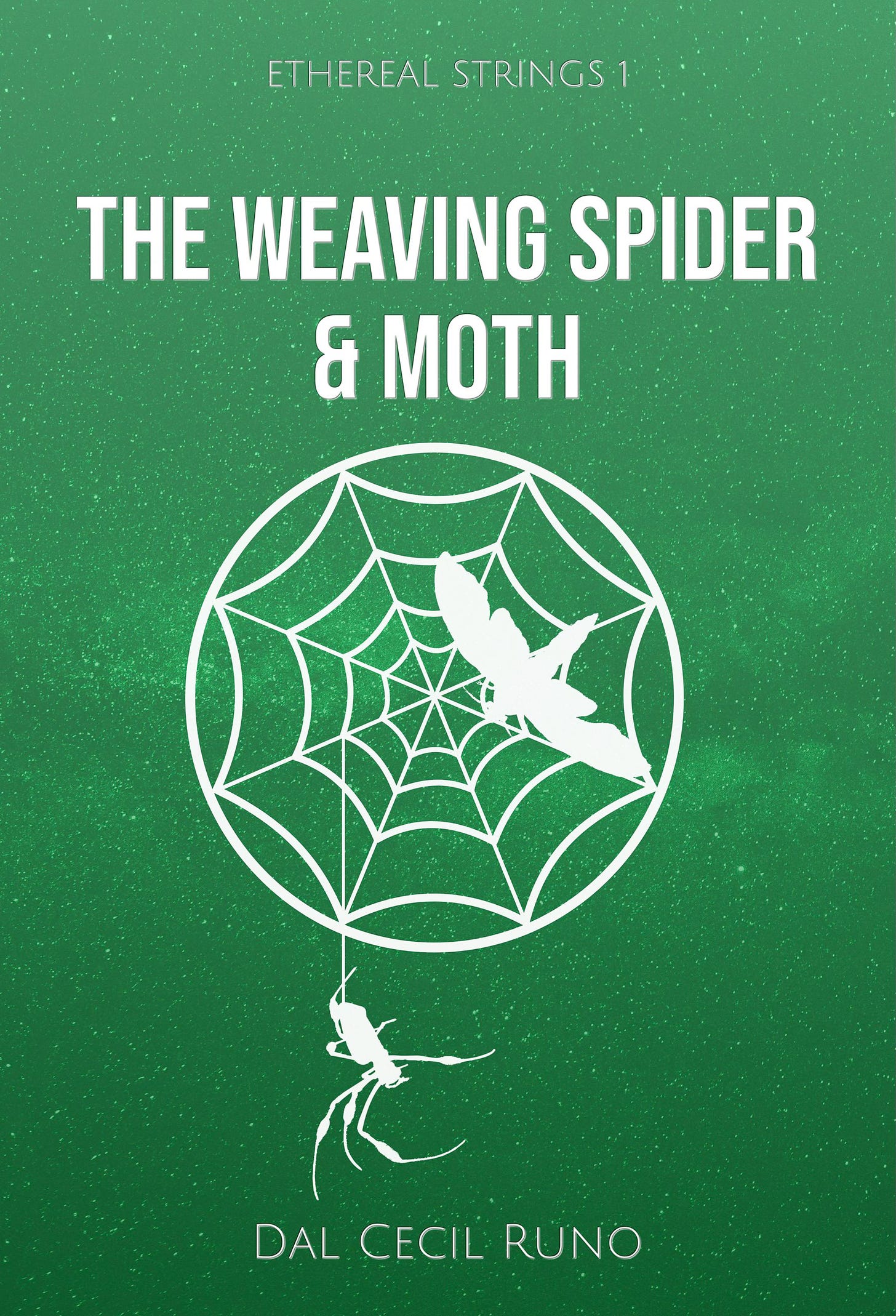Is Substack Where All the Writers Went?
A Sci-fi Writer's Search for Her Audience in Digital Spaces
I’ve heard both great things, and problematic things about this platform. What am I doing here? The answer is simple: when you’re an indie author, you have no marketing backup from a publishing house. All you have is yourself, and the readers who find and love your work.
I have to put myself out there. So, hello.
“Who are you?”
My name is Dal Cecil Runo. It translates to “Song Blind Poem,” and yes, I chose that pseudonym. It’s a name that holds all that multicultural background of mine in a short enough name.
“Why would you use the word blind in your name?”
Because I am blind and I can’t and don’t want to hide it.
“How do you write and read if you’re blind?”
Text to speech, digital and physical magnifiers, and dark mode. Look up your device’s Settings, find the Accessibility tab and explore the possibilities. I include this question because it’s become a FAQ and I’d rather say that upfront and move on to more interesting topics.
“What do you write, like memoir or something?”
I’m also tired of the assumption that a blind writer can and should only write about their life experiences. I write sci-fi with a strong focus on parapsychology concepts. It’s my favorite combination of genres and my mind doesn’t want to leave it for the foreseeable future. Yes, some of my main characters are blind, but it would get boring if that’s all I did with my writing. I also enjoy writing fiction more than I would ever enjoy writing a memoir. Those books have an important role in disability awareness and education, but that is not the role I want. I never wanted it, but such is the way of living with disabilities. People have questions, assumptions, prejudices and more.
Imagine if I were to mention all my “othering” qualities… let’s leave it at blindness for the introductory post.
“Why do you sound so pessimistic?”
I’d rather give you the tone of my fiction from the start. It’s not necessarily in the genre of dystopia, more like a personal dystopia for my main characters. I can imagine the cognitive dissonance if I were to write cheerful public blogs and feed into the “disability inspiration corn” stereotypes, and then people read my fiction. Let’s fix that bug from the get-go.
Grab your Yerba Mate 🧉 and Salmiakki, my updates are bittersweet. I need a Salmiakki emoji someday.
“Hold on, are you already published?”
Yes, I am, and I’m currently working on the sequel to that sci-fi novel. There are other projects in the works, but I’m a slow writer.
“But what is that book about?”
Pitch: Tíbor and Annie are skilled at astral projection, with a twist, but they don't know that the other exists. If they met, in dreams or awake, could they save each other from their current isolation, family abuse and neglect?
Read a-likes:
All the Light We Cannot See by Anthony Doerr (character archetypes: blind girl in a hostile environment, and a young orphan boy trained to do evil things)
Follow the Hummingbird by Elena Carter (similar concepts: dreams that aren’t ordinary dreams, and protagonist building a second life in the dream world)
The Moonday Letters by Emmi Itäranta (similar themes: long distance interactions, space & Earth, searching for someone in the astral realm)
Network Effect by Martha Wells (themes and a bit of plot)
“So, if you stay on Substack, what would you post about?”
I still have some familiarizing to do with this platform. I don’t know yet if the sci-fi or paranormal communities are here. I don’t know for sure what people on Substack like to read. For the time being, I’ll post about books, writing, my productivity workarounds, and interesting questions that people may have for me.
Maybe we can build something together.


